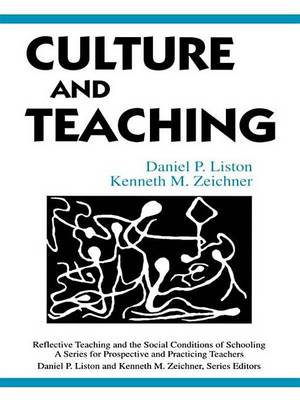Reflective Teaching and the Social Conditions of Schooling
2 total works
This is the first volume in the "Reflective Teaching and the Social Conditions of Schooling" series. The major goal of both this book and of all of the volumes to follow in this series is to help teachers explore and define their own positions with regard to the topics and issues at hand within the context of the aims of education in a democratic society.
This is the second volume in the "Reflective Teaching and the Social Conditions of Schooling" series. Reflection in the area of culture and teaching necessarily takes teachers on both an introspective journey and an examination of the social conditions of schooling. There is a need to know not only what they believe but also what schools do. It has long been charged that our educational system privileges some and disenfranchises others. Schools are not the equitable institutions that one would hope them to be--a feature of schooling and one that deserves a great deal more attention. This work facilitates an examination of its readers' own beliefs, acquaints them with the sentiments and arguments of others, and encourages them to look further into the social conditions of schooling.

